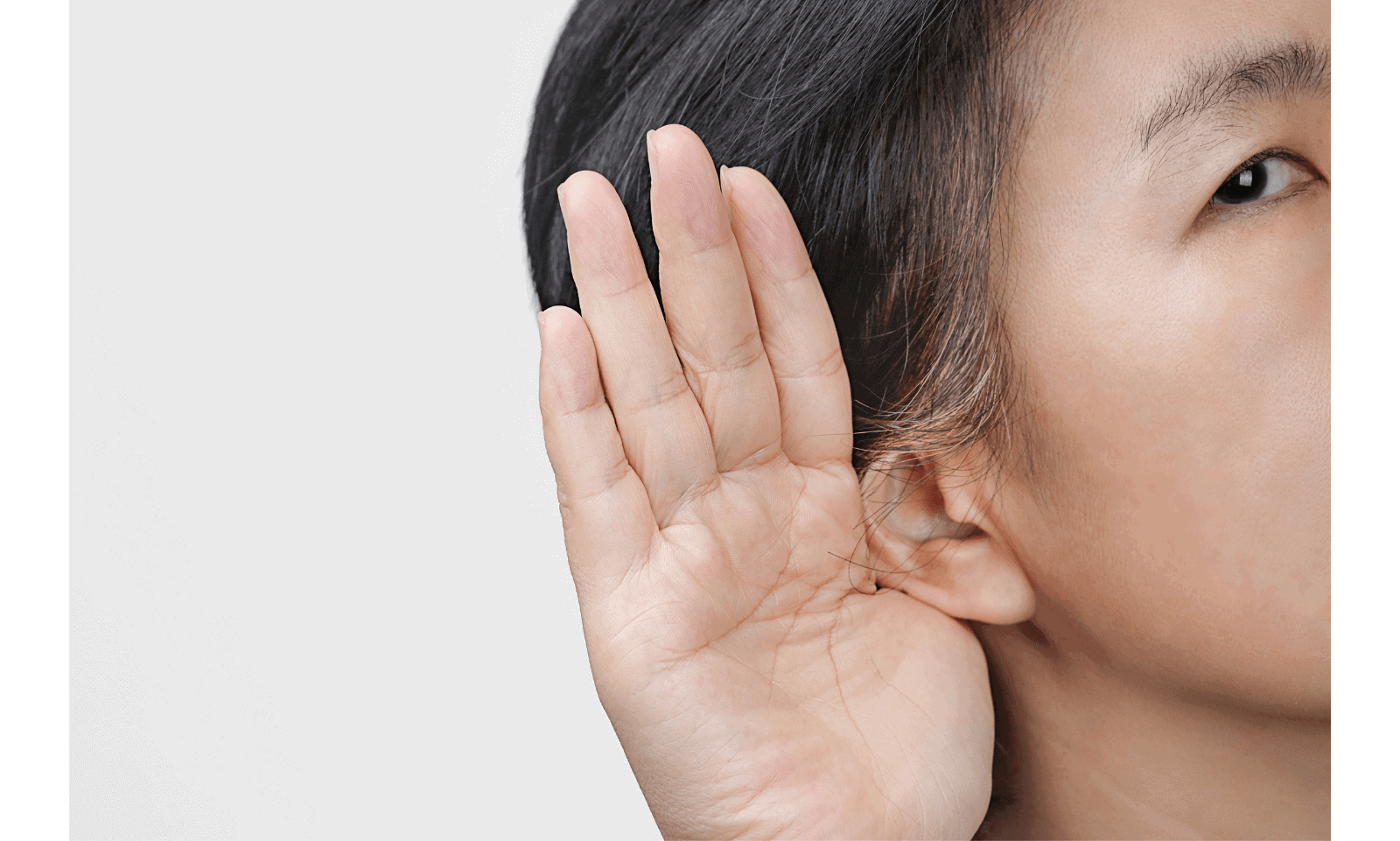
As hearing professionals, it is our duty to provide the best possible care and support to those with hearing loss. Understanding the challenges and needs of people with hearing loss is crucial for effective care. In this article, we’ll explore the basic facts that individuals with hearing loss wish you knew. We will also delve into the latest advancements in hearing loss prevention, diagnosis, and management, emphasizing the importance of early detection.
The Impact of Hearing Loss
Hearing loss is a common condition that can affect people of all ages. It’s important to recognize that hearing loss isn’t just about difficulty hearing sounds; it can have profound social, emotional, and cognitive impacts. People with hearing loss often wish you understood the following:
It’s Not Just About Volume:
Hearing loss isn’t simply a matter of everything being too quiet. It can affect one’s ability to understand speech, particularly in noisy environments. Background noise can be a significant challenge.
Isolation and Loneliness:
Hearing loss can lead to social isolation. Straining to hear and communicate can be exhausting and discouraging, leading individuals to withdraw from social interactions.
Mental Health Impacts:
Hearing loss is associated with a higher risk of depression and cognitive decline. Being aware of these consequences is essential for providing holistic care.
Advancements in Prevention
Preventing hearing loss is always better than managing it after the fact. While some hearing loss is age-related, there are other preventable causes. Recent research has shed light on new strategies for prevention:
Protective Measures:
Promoting the use of ear protection, like noise-canceling headphones or custom-made earplugs, is crucial in preventing hearing loss. This is especially relevant for those exposed to loud environments, such as musicians or industrial workers.
Education:
Increasing public awareness about the dangers of prolonged exposure to loud noises is essential. Schools, workplaces, and communities can play a role in educating individuals about the importance of hearing protection.
Ototoxicity Awareness:
Some medications and chemicals can harm the ear and cause hearing loss. Healthcare professionals should be aware of ototoxic substances and monitor patients accordingly.
Early Detection and Diagnosis
The sooner hearing loss is detected, the more effective interventions can be. Incorporating the latest diagnostic techniques is vital:
Regular Screenings:
Encourage regular hearing screenings, especially for older adults. Early detection can prevent further deterioration and improve outcomes.
High-Tech Audiometry:
The use of advanced audiometric testing, including otoacoustic emissions (OAE) and auditory brainstem response (ABR) testing, has improved the accuracy of diagnosis.
Teleaudiology:
The advent of telehealth has expanded access to hearing healthcare, making it easier for individuals to seek early diagnosis and support.
Management Strategies
Managing hearing loss is a complex and individualized process. Professionals must be aware of the latest management strategies:
Hearing Aids:
Advances in hearing aid technology have made them more discreet, comfortable, and effective. Some even have smartphone connectivity, allowing users to customize their listening experience.
Cochlear Implants:
For those with severe to profound hearing loss, cochlear implants have become increasingly sophisticated, offering improved speech recognition and sound quality.
Assistive Listening Devices:
Technologies like FM systems, loop systems, and captioning services can enhance communication for people with hearing loss in various environments.
Auditory Rehabilitation:
Audiologists and speech-language pathologists play a critical role in helping individuals with hearing loss adapt and improve their communication skills.
Future Possibilities
Researchers are constantly working on innovative solutions for hearing loss. Here are some futuristic interventions that show promise:
Gene Therapy:
Research into gene therapy for hearing loss is ongoing. While not yet widely available, this could potentially address some forms of hereditary hearing loss.
Hair Cell Regeneration:
Scientists are exploring ways to regrow damaged hair cells in the inner ear, potentially restoring hearing.
Brain-Computer Interfaces (BCIs):
BCIs could enable direct communication between the brain and hearing devices, offering unprecedented clarity of sound and enhancing the hearing experience.
Compassion and Understanding
While technological advancements are promising, one thing that will never change is the importance of compassion and understanding in providing care to individuals with hearing loss. People with hearing loss wish you knew that:
Patience is Key:
Communication may take more time, so patience is essential.
Eye Contact:
Making eye contact and facing the person when speaking helps improve lip-reading and understanding.
Advocacy:
Encourage your patients to advocate for their hearing needs in various environments, including at work or in social settings.
Family and Friends:
Involving family and friends in the care and support of individuals with hearing loss can make a significant difference.
As hearing professionals, it is our duty to remain informed about the latest advancements in hearing loss prevention, diagnosis, and management. Equally important is our understanding of the challenges individuals with hearing loss face daily. By incorporating compassion, staying up to date with the latest research, and emphasizing the importance of early detection and intervention, we can provide the best possible care and support for our patients with hearing loss.
